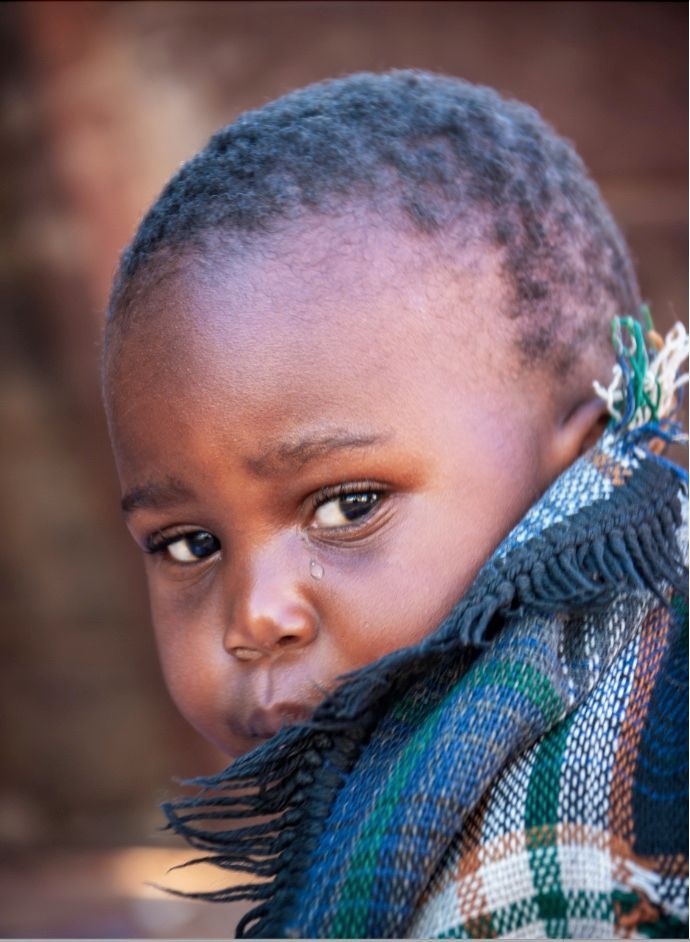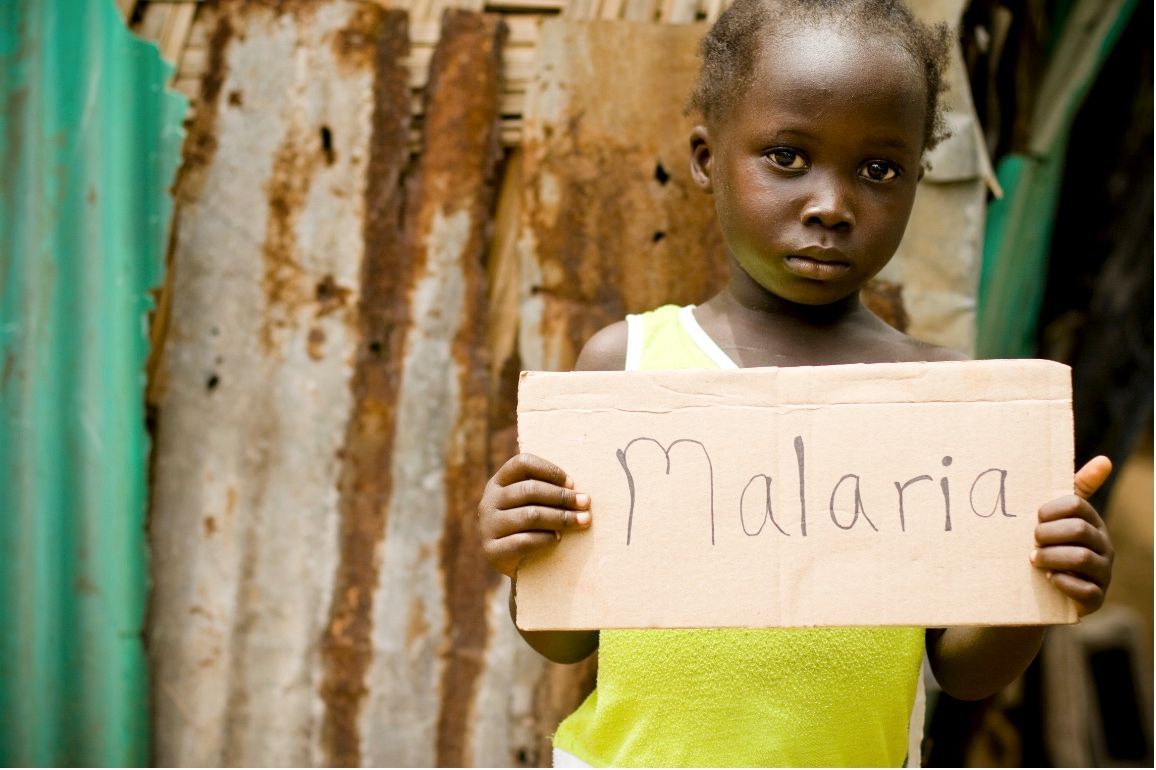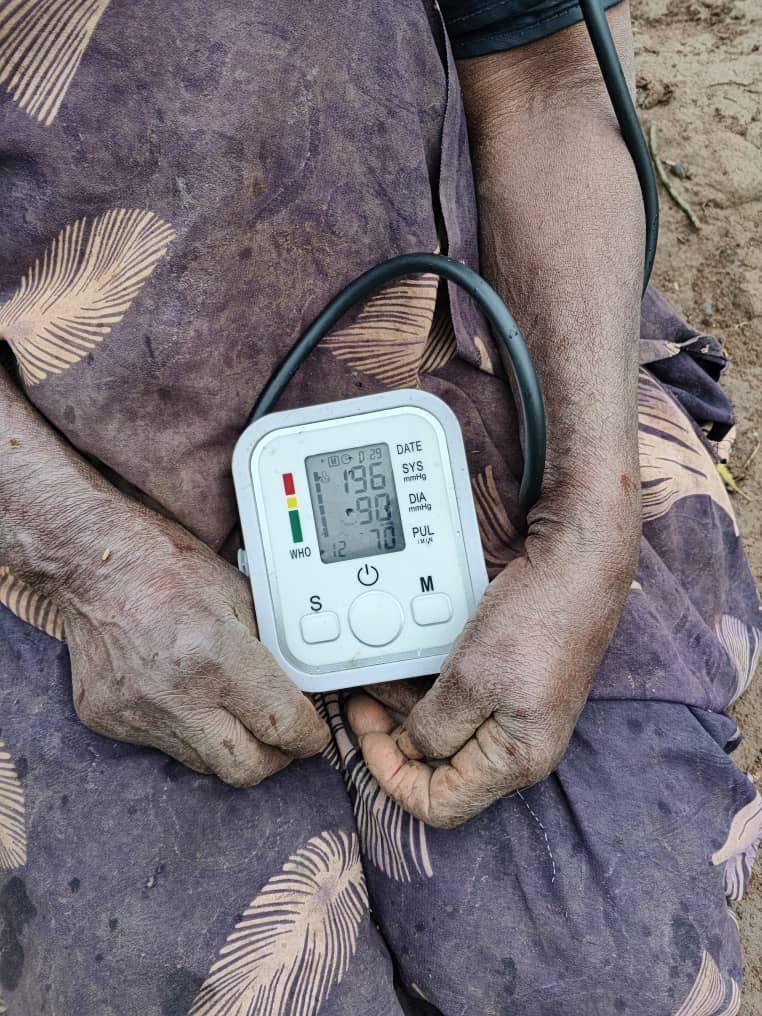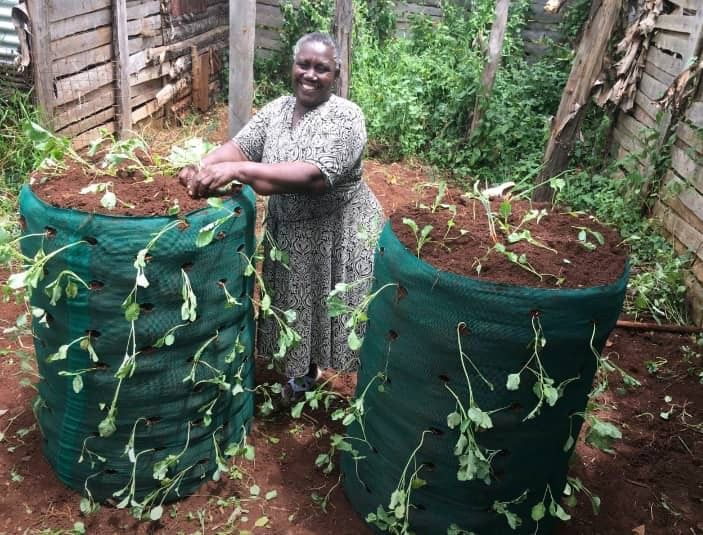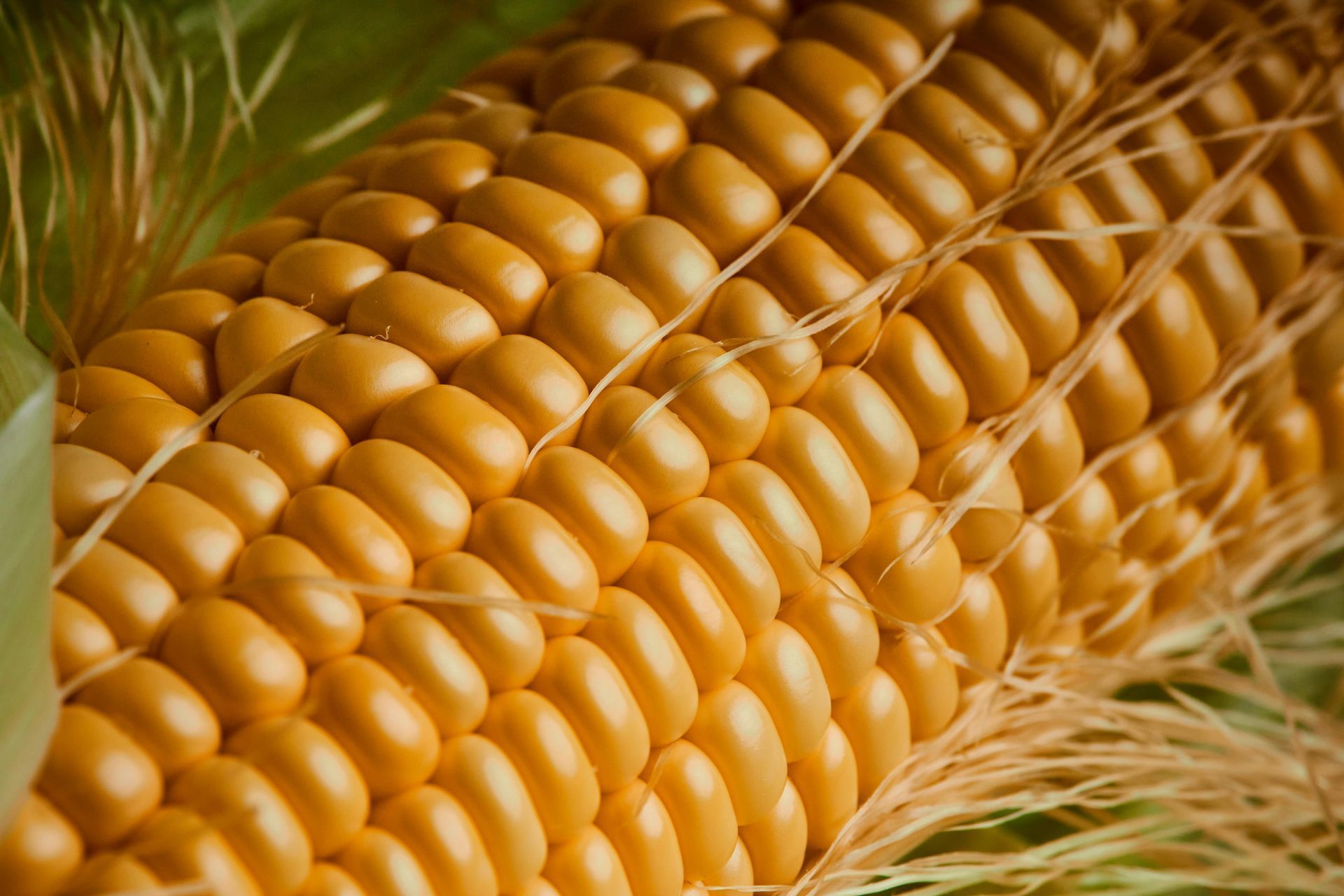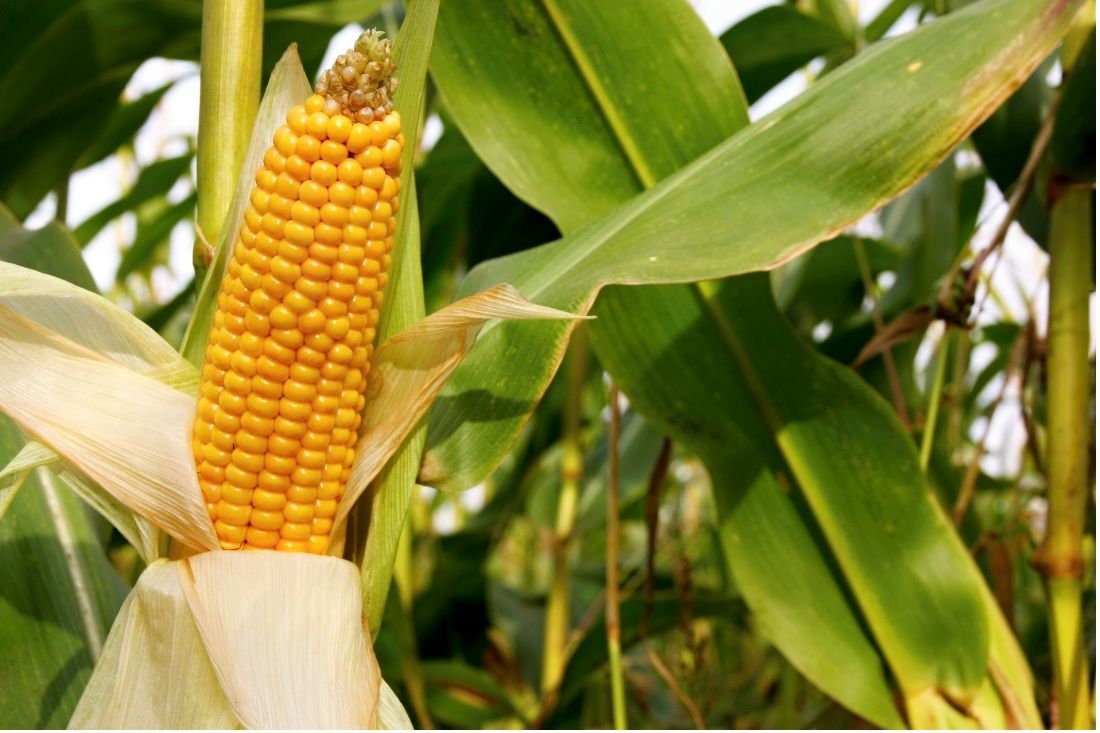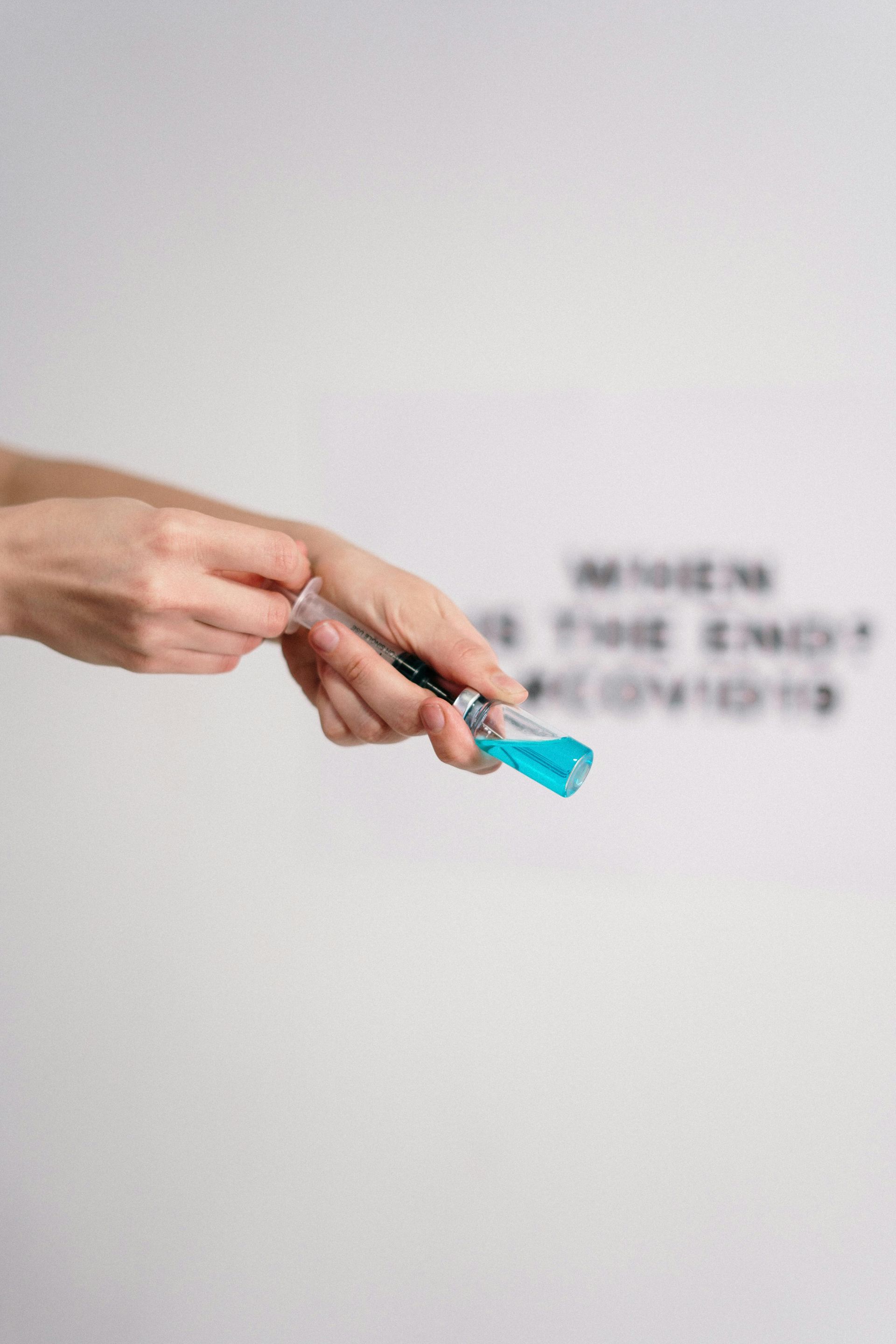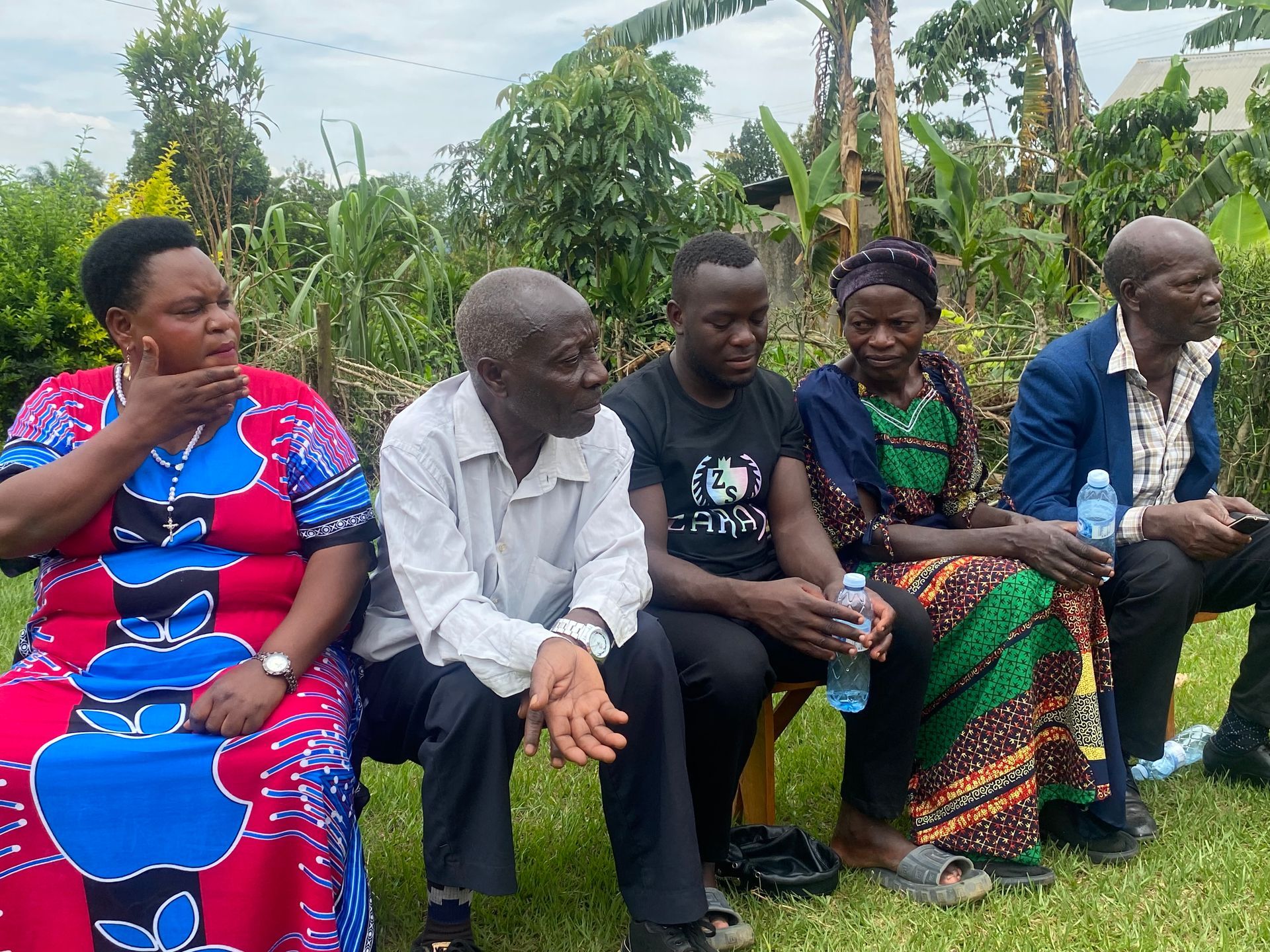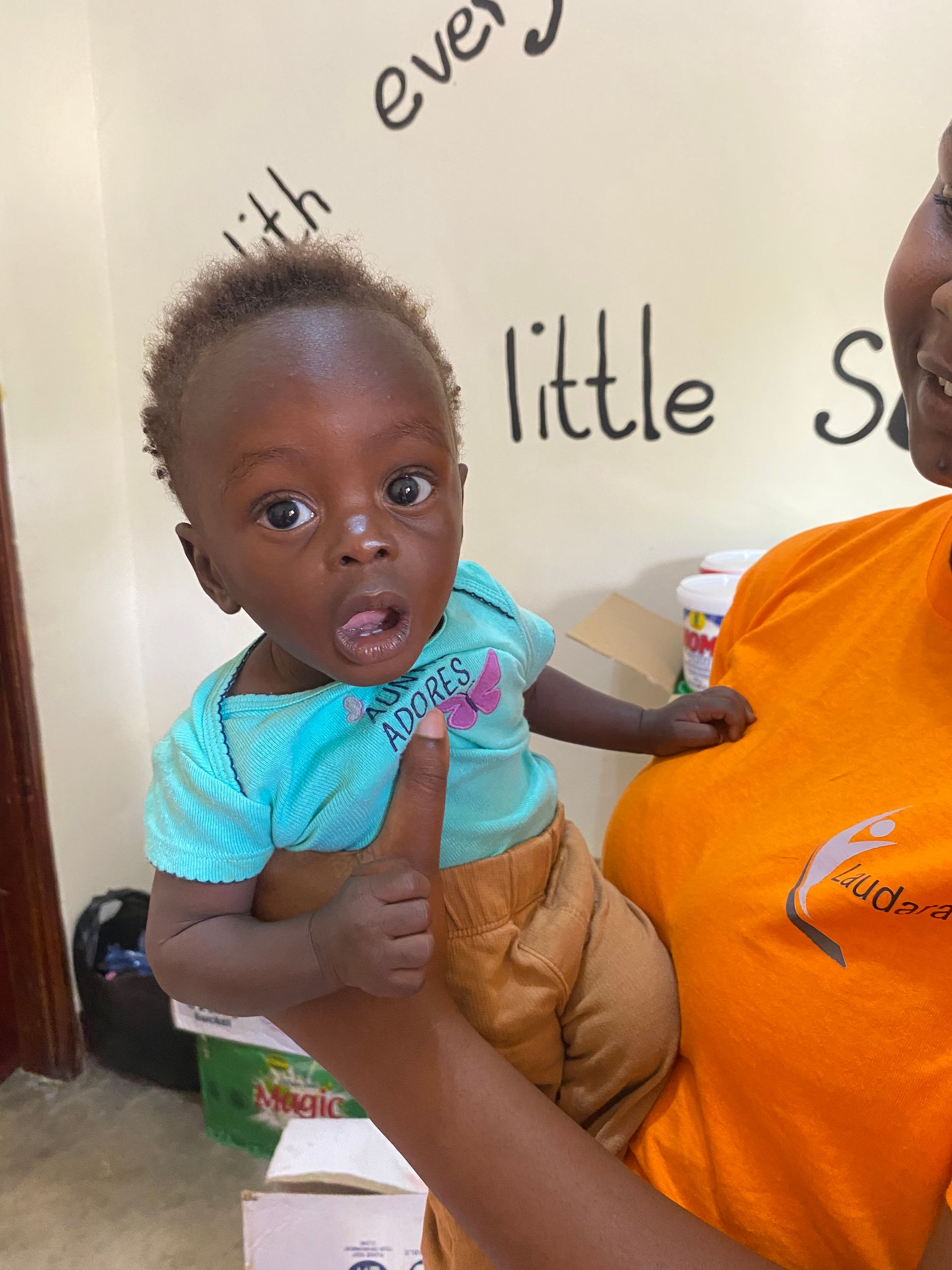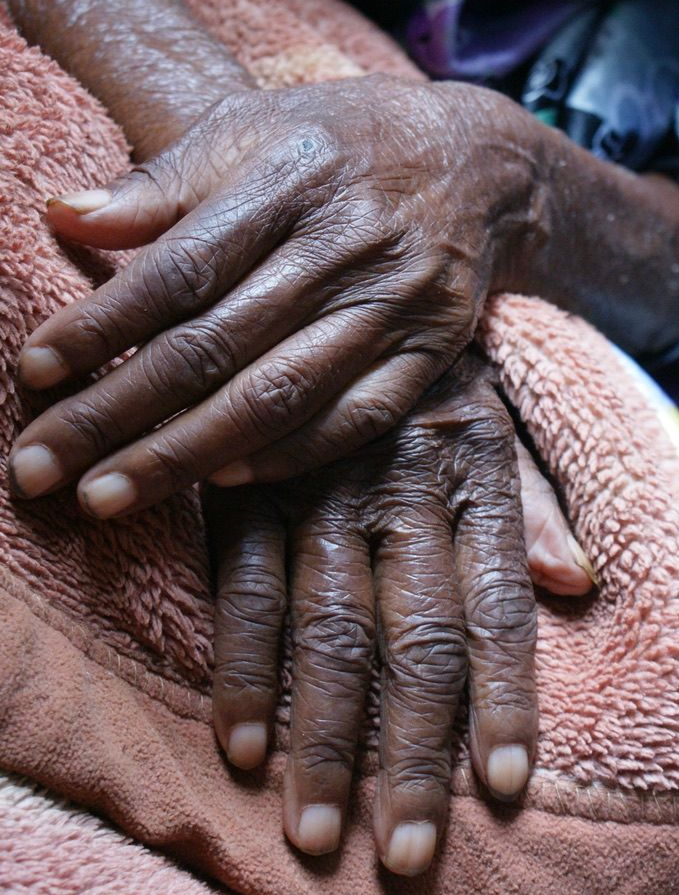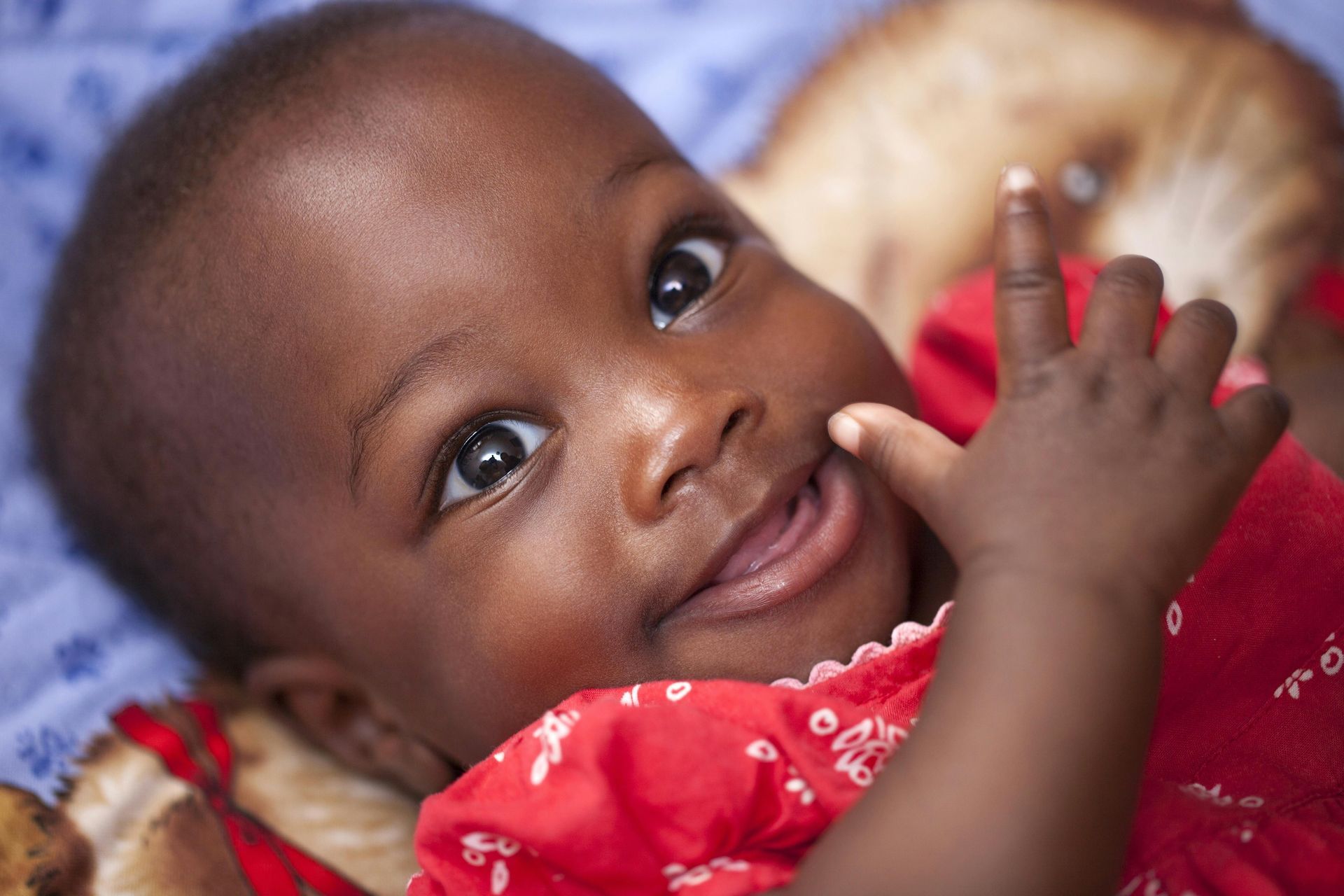Malaria is still one of the biggest health problems facing the community of Ndegeya in Uganda. Despite efforts to control it, the disease continues to affect many people, especially during the rainy seasons when mosquitoes multiply rapidly. These rainy periods, which happen from March to June and again from September to December, create perfect conditions for mosquitoes to breed in waterlogged areas, leading to a spike in malaria cases. Children, in particular, are at greatest risk; it is not uncommon for classrooms to empty as students fall ill, their education interrupted by fever and fatigue.
In Ndegeya, malaria is a leading cause of illness and even death. While there isn’t enough reliable data across the whole country to paint a complete picture, local reports from the community clinic show that malaria infections and severe cases remain alarmingly high. The rainy seasons bring a noticeable increase in patients suffering from malaria, putting pressure on the limited healthcare resources available. This year we had at the clinic 14 cases of Malaria in February. When the rainy season started in May it increased to 64 cases in March en 55 in April alone.



